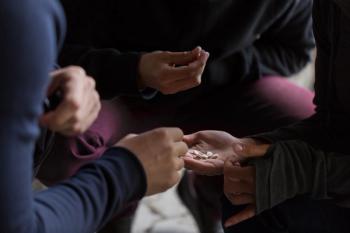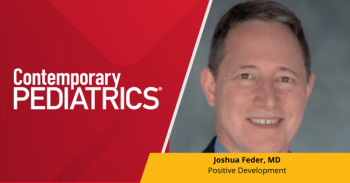
Using peers to help teens with mental health
A poll of parents examines whether utilizing peer support could be an effective way to help teenagers discuss mental health issues.
Much of the discussion on helping teenagers with mental health issues has previously focused on how parents and care providers can help. The
The researchers asked 1000 parents who had at least one teenager aged 13 to 18 years about how they felt about peer support leaders. Peer support leaders are a group of teenagers that have been selected by a school’s administration to receive training on being a good listener. These leaders are also trained to encourage their peers to seek help and also tell adults if a peer exhibits signs of suicidality or other serious mental health health issues.
When asked about such programs in general, 72% of the parents said that they thought peer support leaders would encourage adolescents to discuss any mental health issues. Additionally, most of the parents also believed that a peer support leader would be more likely to understand what challenges a teenager was facing than adults in the school, such as teachers and counselors.
When asked about how they felt about their own teenager using such a program, 38% of the parents believed that their child would reach out to a peer support leader, if the school offered the option, and 41% of parents said that their child might use the resource. However, 62% of the parents wondered if the peer leader would maintain their teenager’s confidentiality. Other concerns included whether teenagers could actually be trained to provide such support, if a peer would be able to identify a crisis that required immediate help, or if the support leader would be able to know both when and how to tell adults about a problem.
When asked about whether they want to have such a program in their school, 33% of the parents said that they would definitely favor having one and 46% said that they would likely support having one in their school. Just 7% said that would not favor having such a program available to their child. Over a quarter of the parents said that a program existed in their school system and these parents were twice as likely to favor having one available to their child.
Many of the parents also said that they would allow their child to be trained as a peer support leader, saying that it would help their child develop leadership skills, become more understanding of the challenges and feelings of others, and also foster community in the school. When asked about their concerns, the biggest concern was their child feeling responsible if a bad outcome occurred.
Reference
1. C.S. Mott Children’s Hospital. National Poll on Children's Health: Teens talking with teens about mental health. 2021;37(5). Published January 18, 2021. Accessed January 18, 2020.
Newsletter
Access practical, evidence-based guidance to support better care for our youngest patients. Join our email list for the latest clinical updates.


